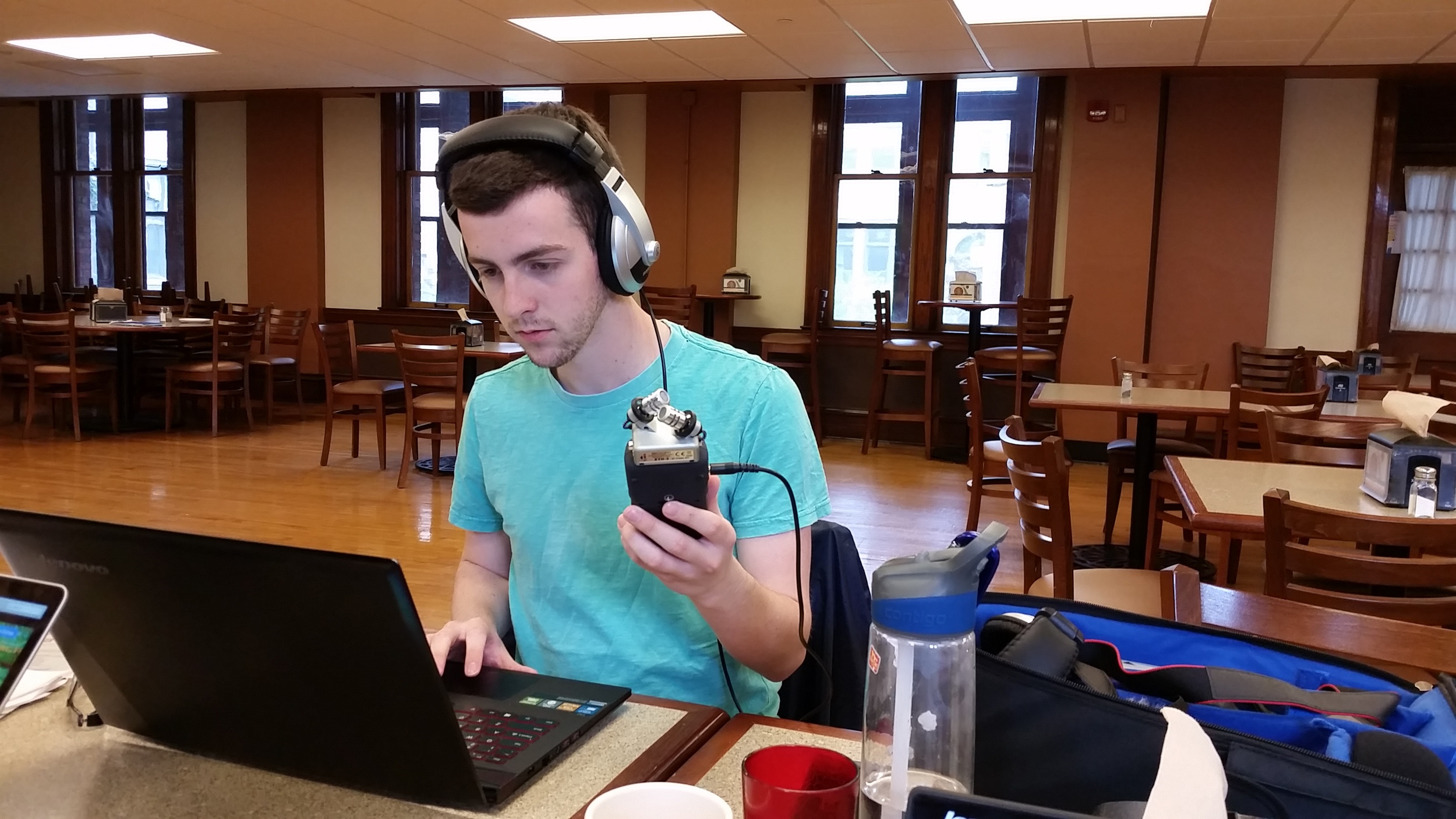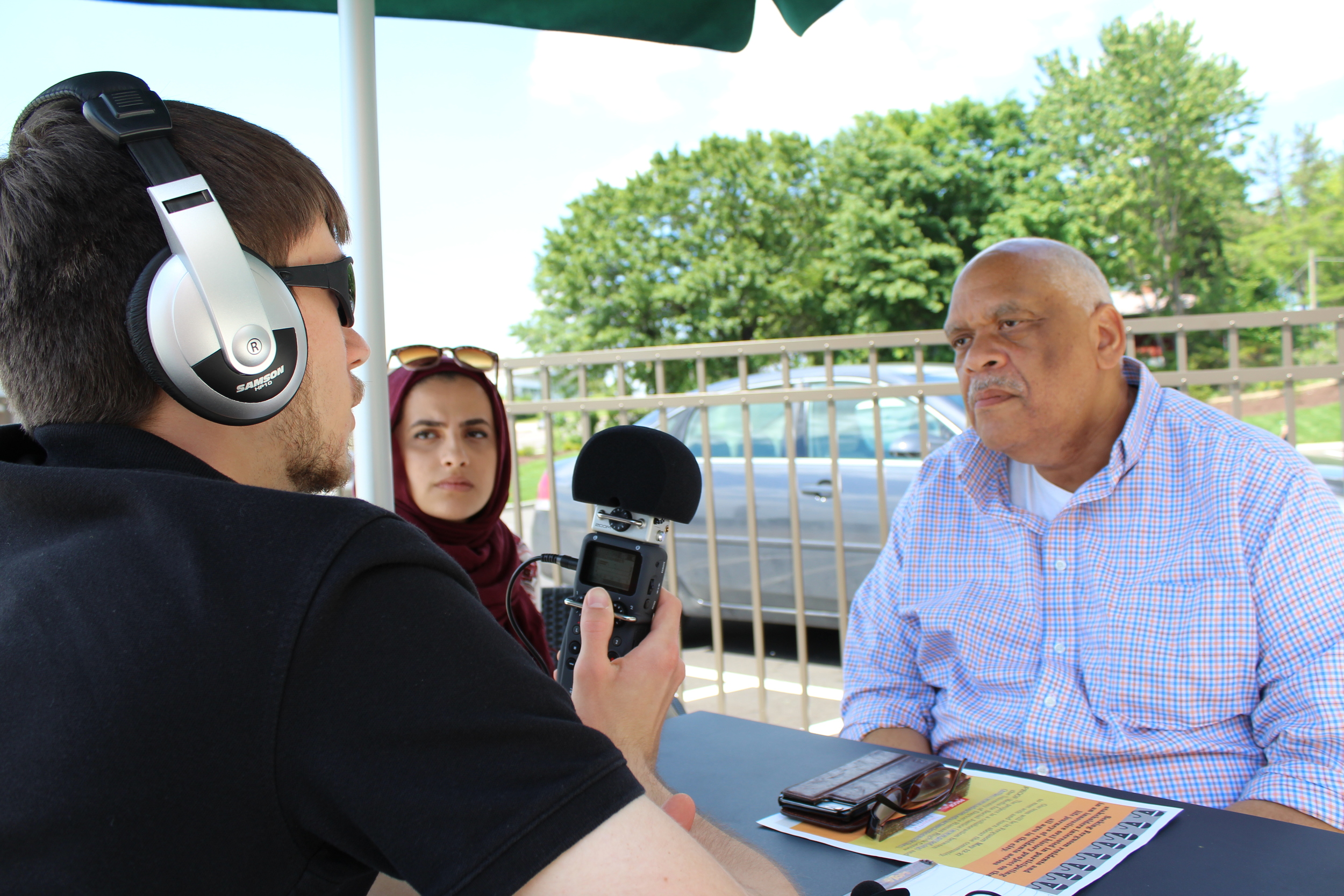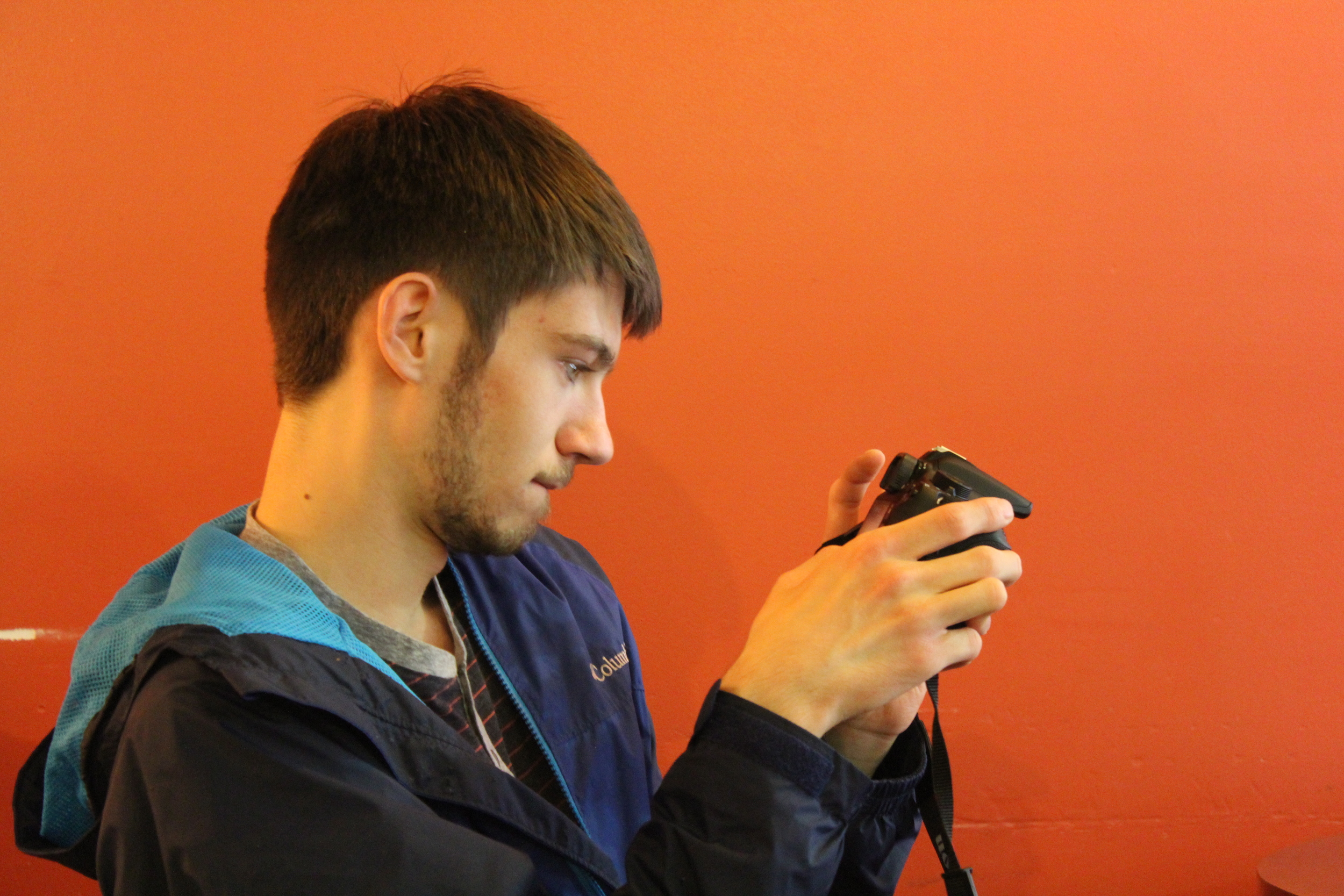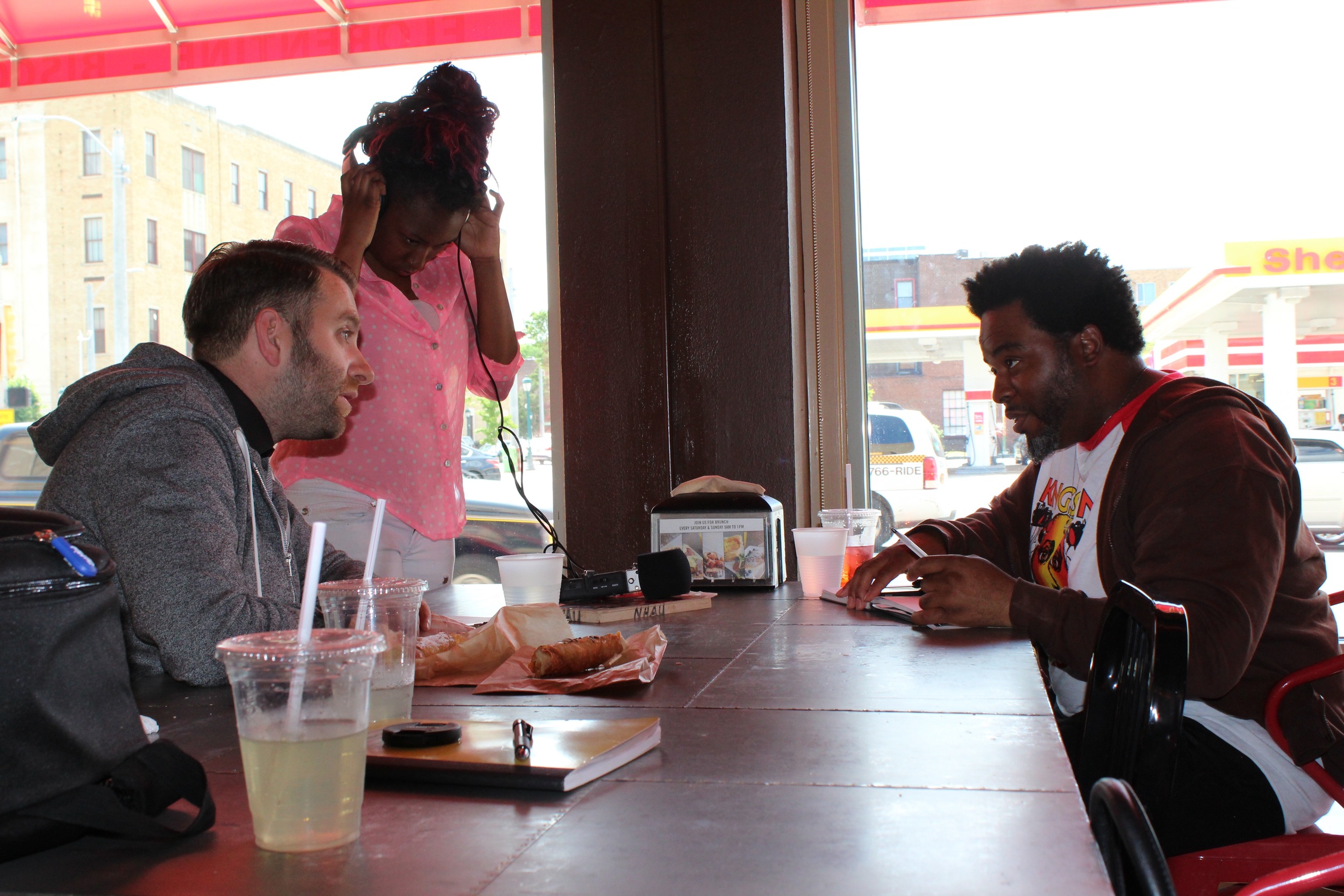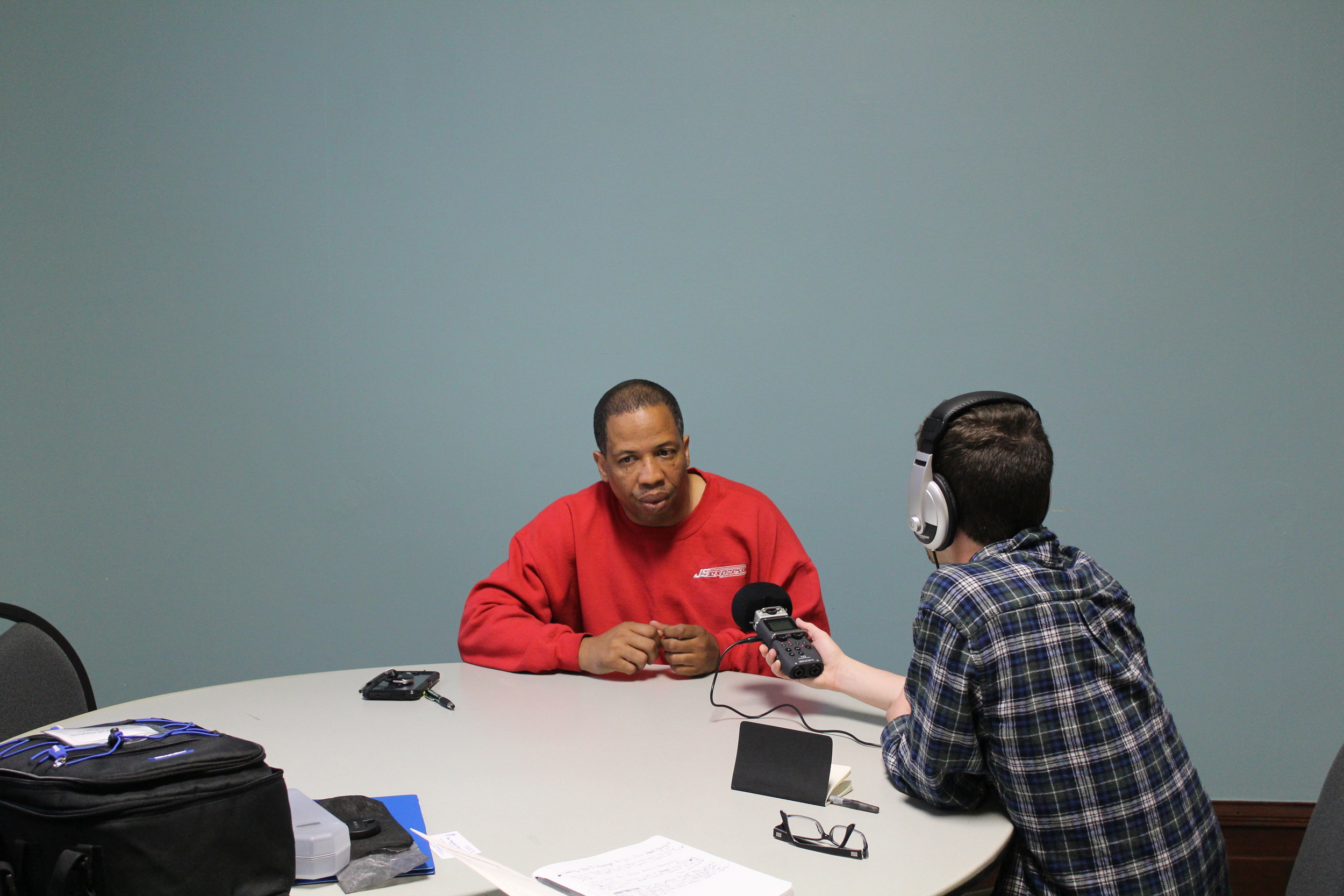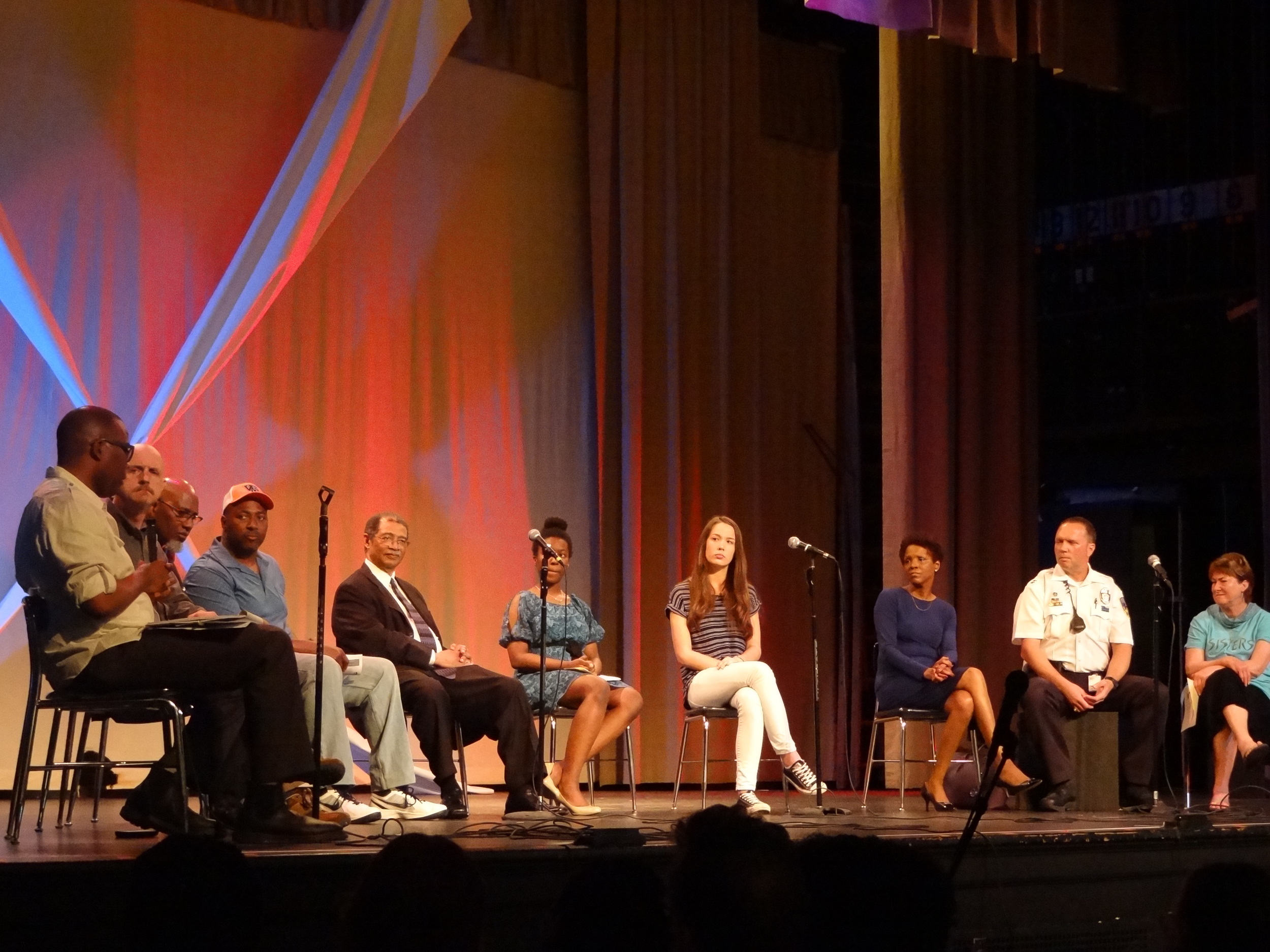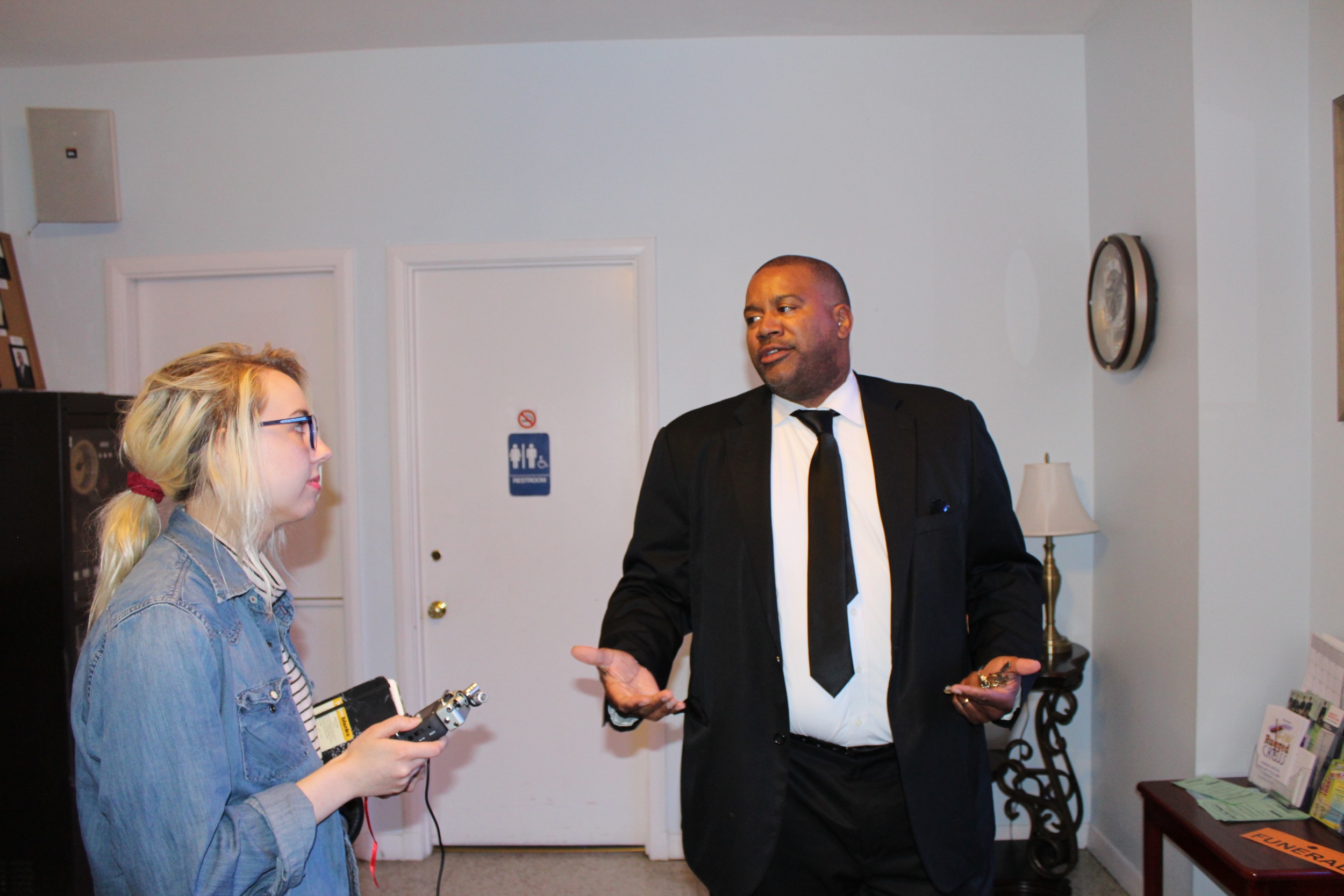Moral Courage Project
The Moral Courage Project is a collaborative project between PROOF and the University of Dayton Human Rights Center and Human Rights Studies Program. It represents a new initiative to study, collect, archive, and publicize instances of moral courage around the world.
By giving a face and name to this notion of moral courage, the project aims to tell the stories of upstanders and inspire others to confront injustice in their own communities.
Trained by PROOF on the ethics and methodology of collecting witness testimony, teams of students and faculty travel to designated areas domestically and abroad to collect interviews, photographs, and other materials documenting instances of moral courage in post-conflict settings. Building on PROOF’s existing work in Bosnia, Rwanda, Cambodia and Sri Lanka, Moral Courage participants collect the records in an accessible archive at the Human Rights Center which is made available to students, researchers, and advocacy organizations.
Why Moral Courage?
Even in the 21st century, our world continues to witness, confront, and survive genocide and mass atrocities. From the streets of Ferguson, Missouri to the voting booths in Kenya and the small villages of Sri Lanka, widespread and systematic human rights violations persist despite the growth of international human rights and humanitarian law. For every case of violence, abuse and exploitation, however, there are stories of people relentlessly fighting these same injustices. In all communities, one can find individuals who are standing up on behalf of others in danger, regardless of the risk in doing so. These people embody moral courage. These people are not bystanders but rather what U.S. Ambassador to the UN Samantha Power calls human rights "upstanders."
Moral courage can save lives. It is critical to have a better understanding of these extraordinary acts among ordinary people as our global community continues to grapple with how best to respond to emerging violence. It is the aim of this project to bear witness to the heroic work being done by seemingly average people across the world and to bring these stories to light in order to better understand the impact of micro-level human rights advocacy.
“Moral courage can save lives. It is critical to have a better understanding of these extraordinary acts among ordinary people as our global community continues to grapple with how best to respond to emerging violence.”
Ferguson, Missouri - May 2016
Photo taken by a Moral Courage student at the Missouri History Museum - May 2016
This past May participants from the Moral Courage Project travelled to Ferguson, Missouri to document oral histories of people who participated in and were affected by the 2014 protests after the killing of Michael Brown. The project's goal is to document people who despite adversity and risk chose to become an upstander and activate their moral courage.
The research team consisted of 8 University of Dayton students from across majors under the leadership of Joel R. Pruce, Assistant Professor of Human Rights Studies; Leora Kahn, Founder and Executive Director of PROOF; and Jimmie Briggs, human rights activist and documentary journalist.
Students were trained in human rights, testimony taking, forensic interviewing, media production, and other skills pertinent to storytelling. Participants are currently producing a range of materials from their time in Ferguson including academic research and public presentations (photo essays, podcasts, videos, etc.).
FERGUSON VOICEs: DISRUPTING THE FRAME
PROOF: Media for Social Justice and the University Of Dayton's Human Rights Center launched the latest PROOF exhibition, "Ferguson Voices: Disrupting the Frame" at the Roesch Library at the University of Dayton in January 2017. Part of the Moral Courage Project, the exhibition features photographs from Mark Katzman.
The people of Ferguson have a story to tell – and one that the majority of those in the United States have not heard or fully understood. This story is even more urgent today.
The death of Michael Brown sparked outrage and launched a movement due to what many have known to be true throughout America’s history: For too long people of color have been systematically targeted and criminalized.
Ferguson isn’t the only community where disenfranchisement and inequality is manifest,but it has become a symbol. “Ferguson is everywhere” became the rallying cry in the days, months and years since Michael’s death.
The stories and images captured in Ferguson Voices: Disrupting the Frame are a testament not only to the systemic discrimination that the Ferguson protests laid bare, but also to the power of transformative action taken to foster community, accountability and justice.
